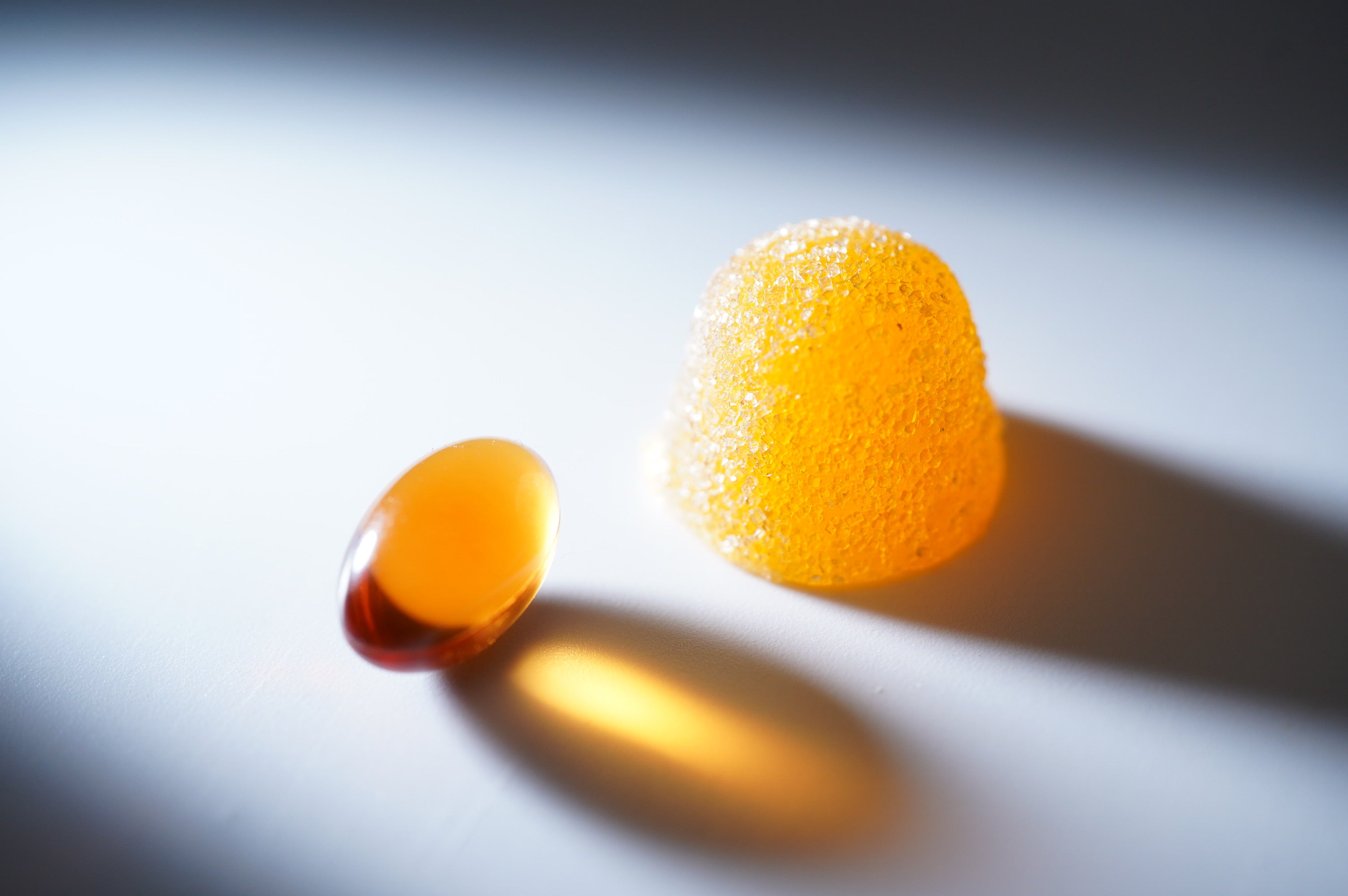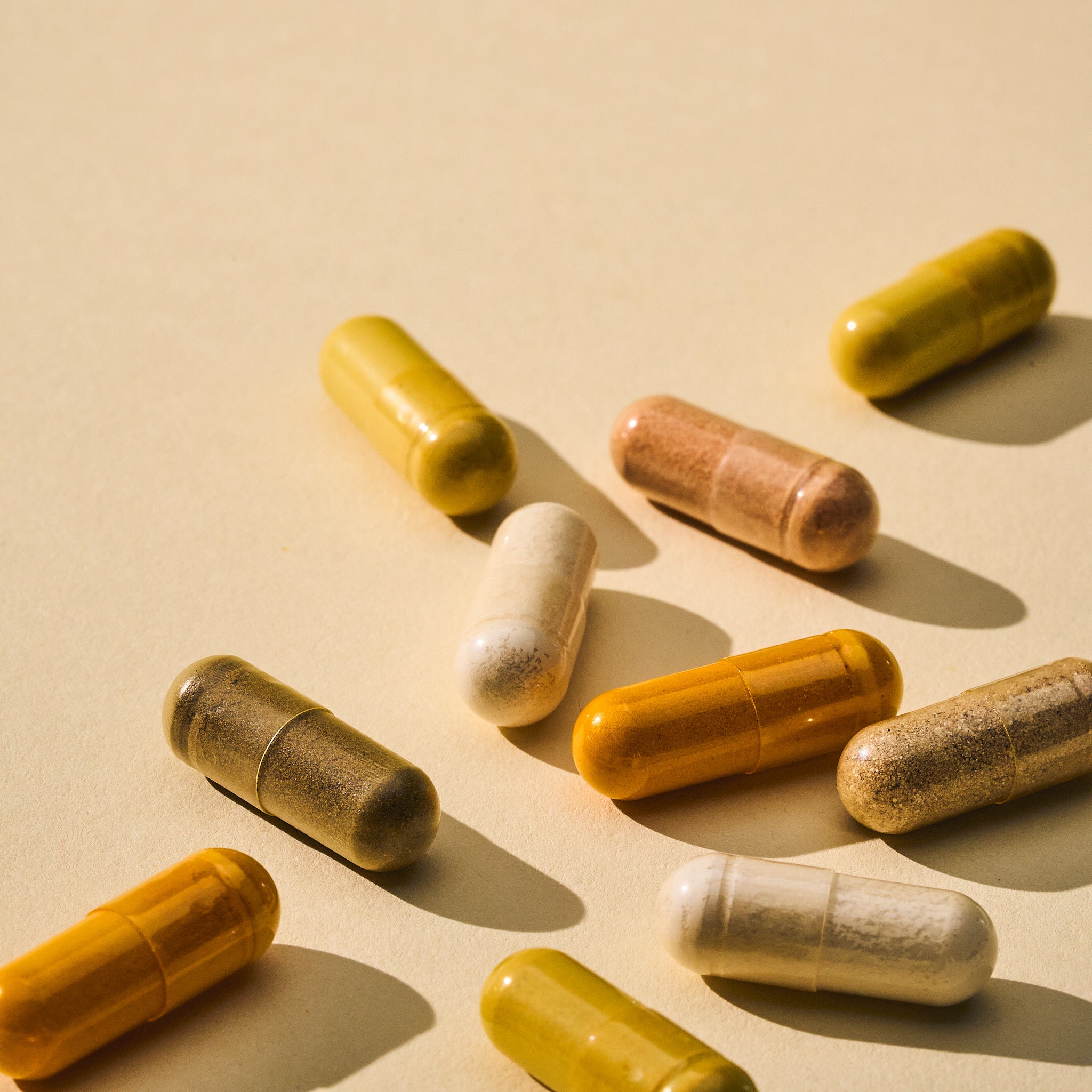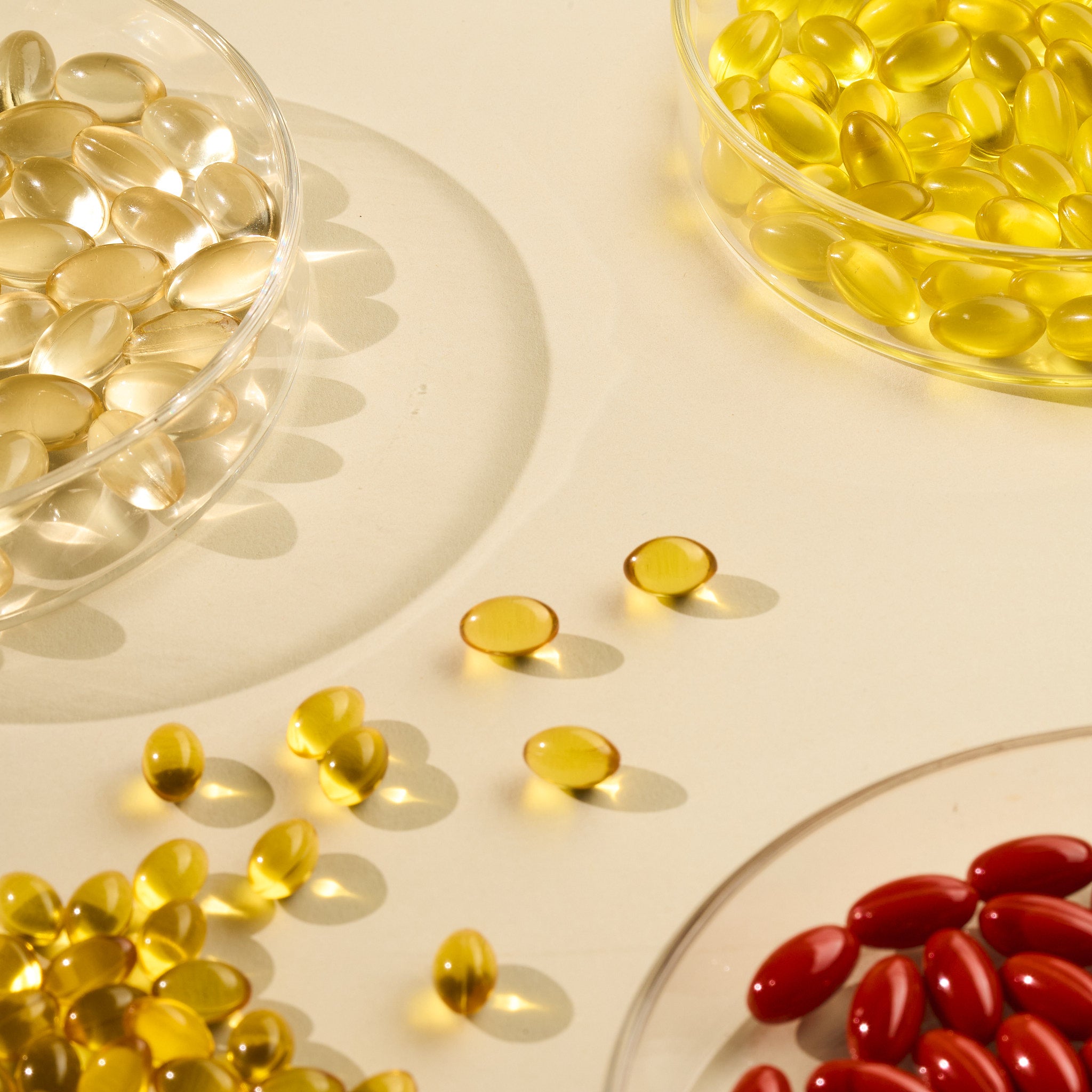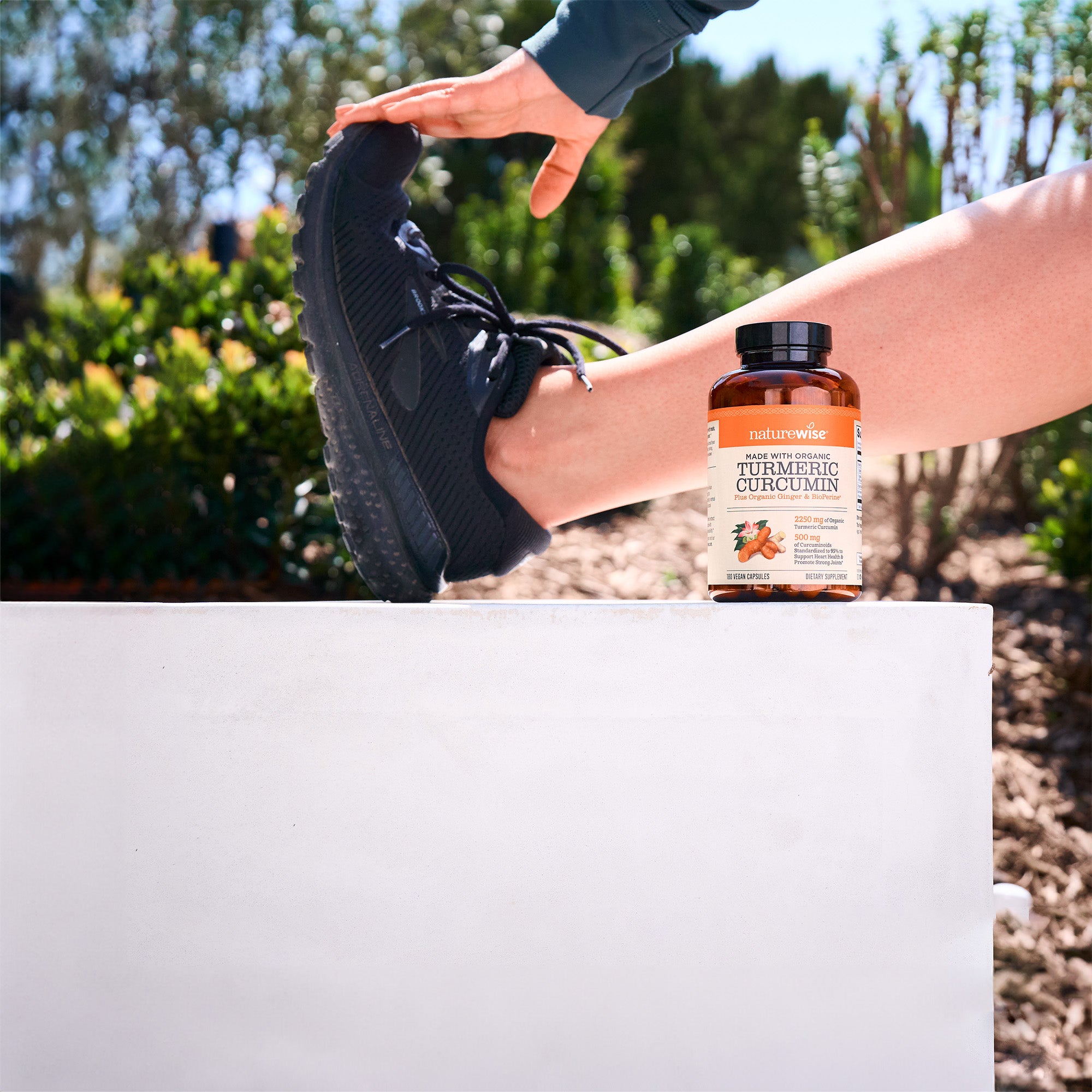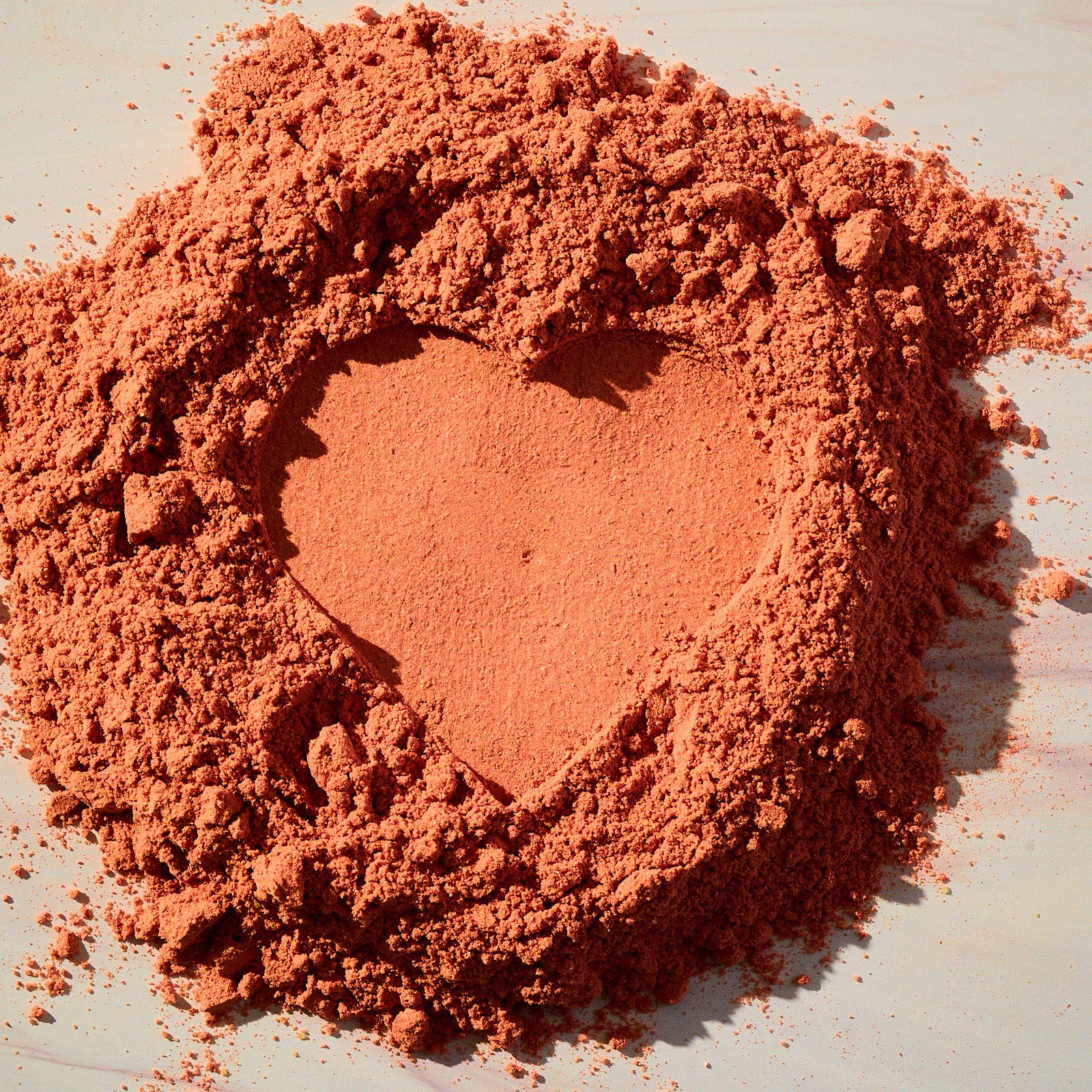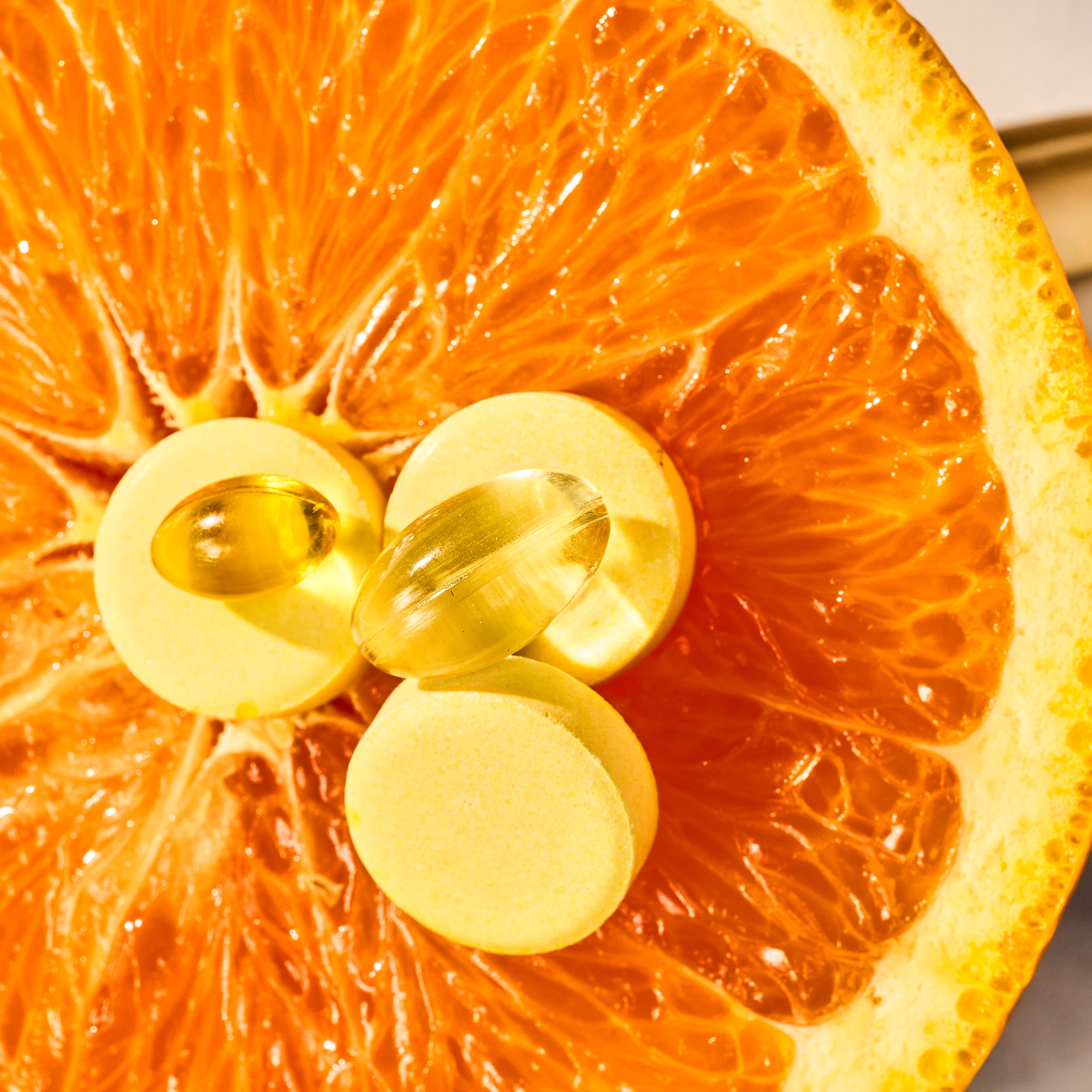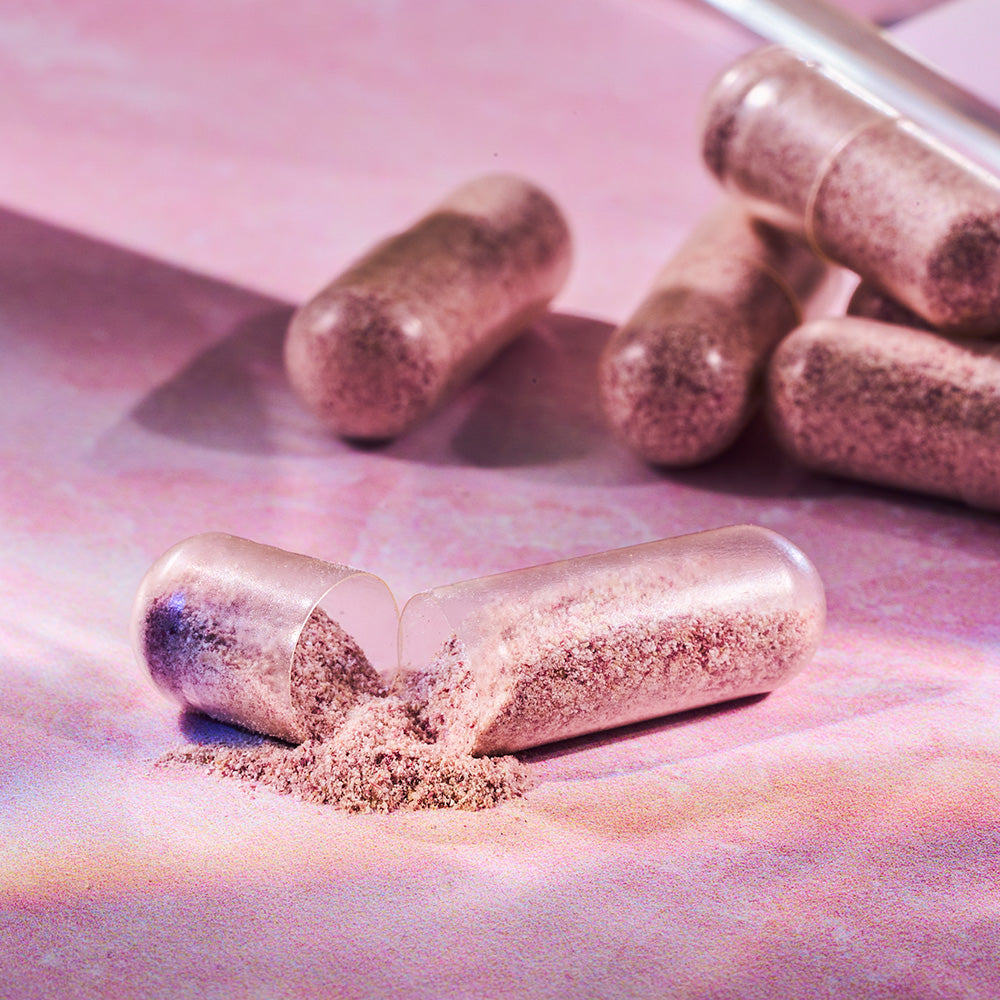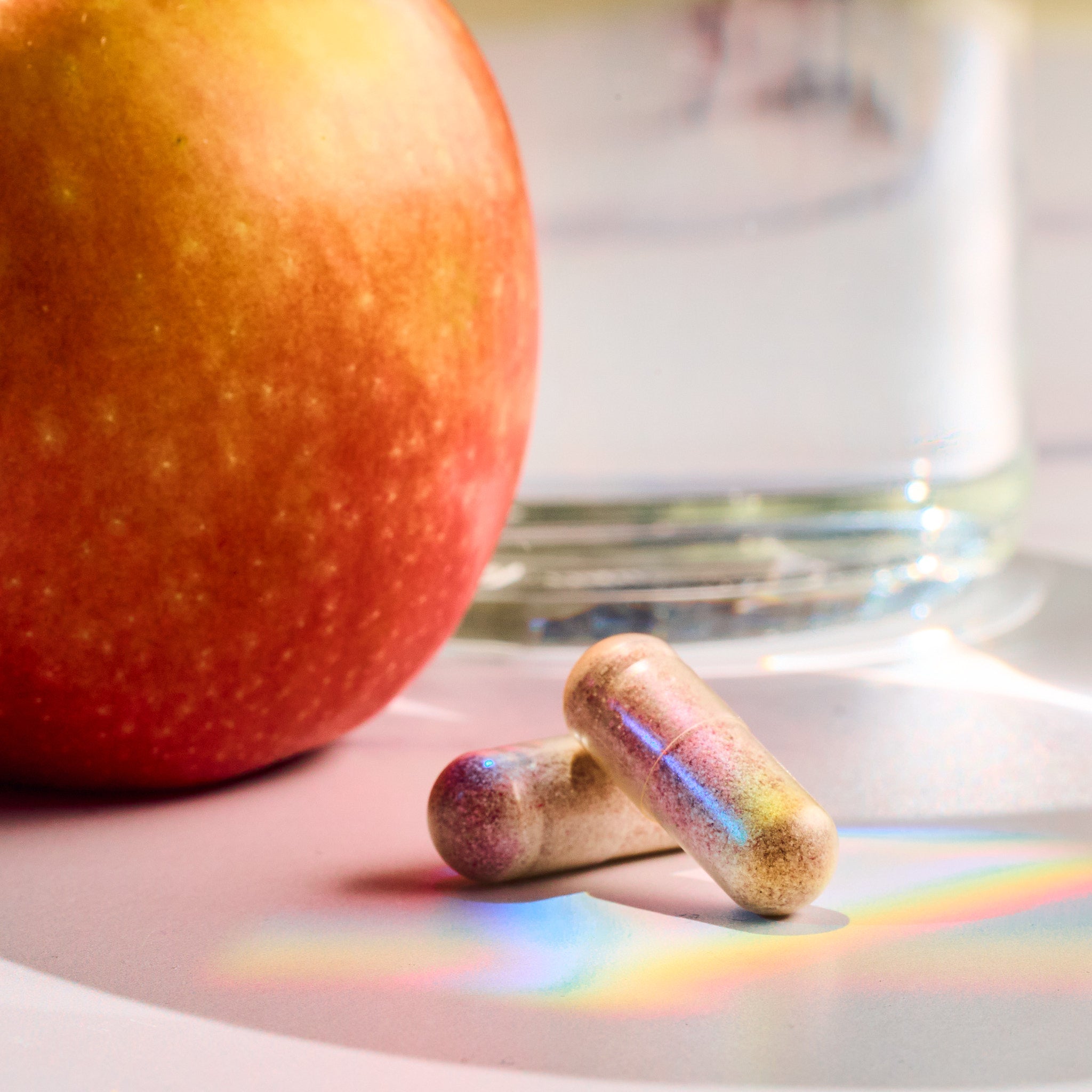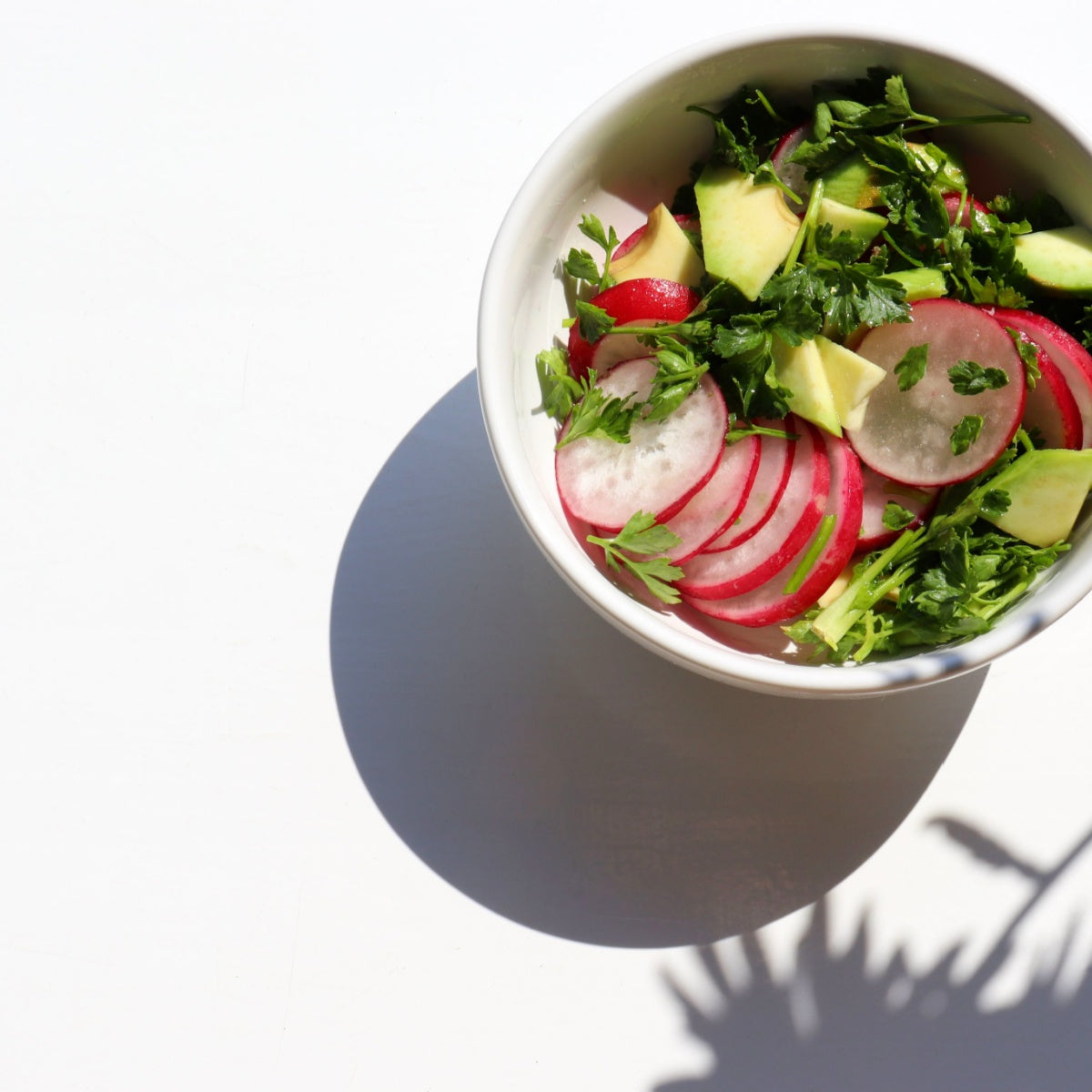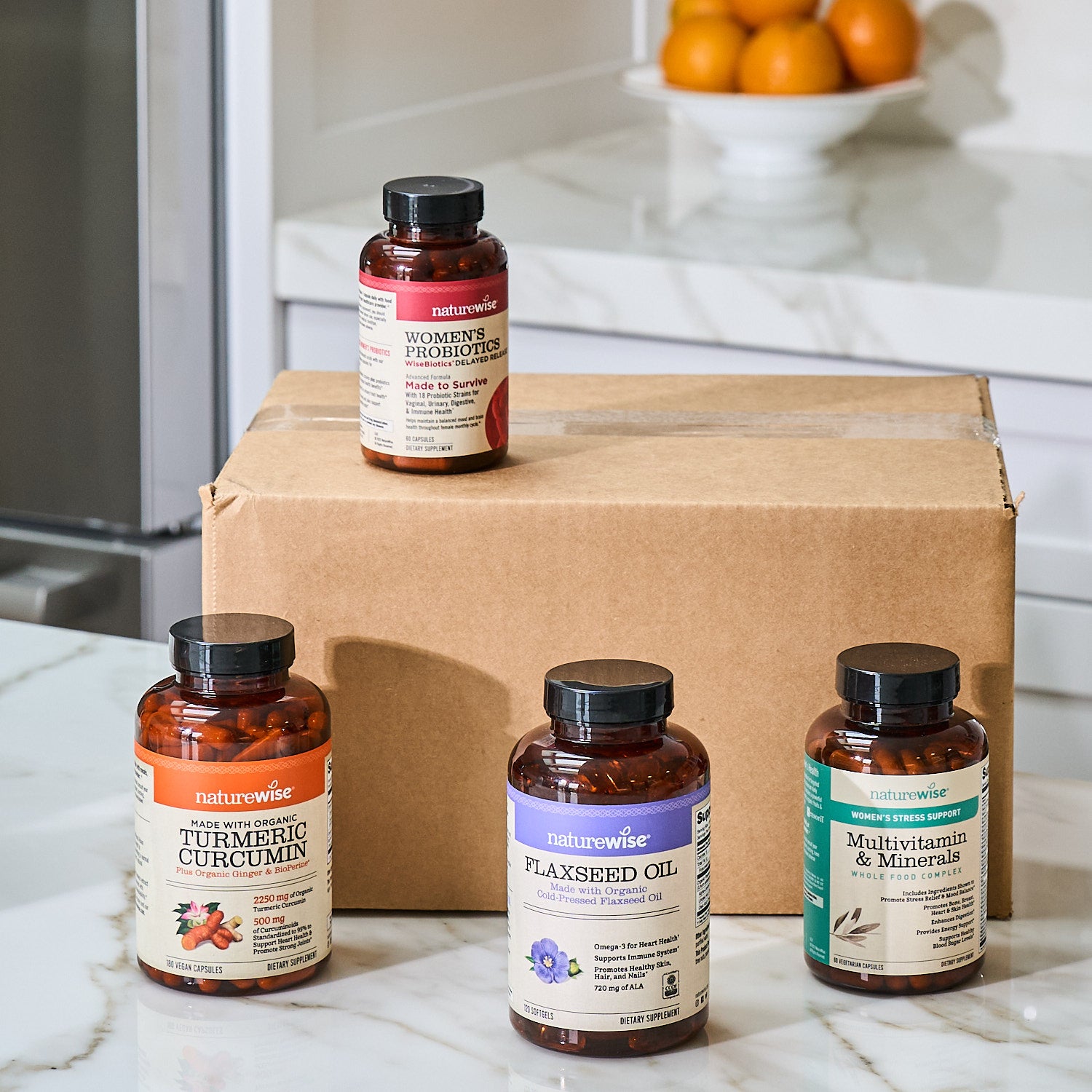Hydration is a hot topic, especially as the weather starts warming up and the amount of body water lost through sweat increases. Exactly how much water does a person need to drink to stay adequately hydrated? No one seems to be able to agree on an answer. Is it eight cups a day? Half a person’s body weight in ounces?
A consensus remains elusive because each individual loses water at a different rate. Warm ambient temperatures, physical activity, and stress can exacerbate sweat production, and the body loses water faster as it works to cool the skin. Even in cooler environments, the body loses water as moisture evaporates off of the skin into the air. For that reason, there’s one point everyone agrees on when it comes to hydration: It’s essential for everyone, even if the amount of fluid required to stay hydrated varies from person to person.

When you think of dehydration, you might picture a person stumbling around in a desert or fainting from heat exhaustion. Both of these would be extreme cases with alarming symptoms. But even mild dehydration can have negative effects on energy levels, physical performance, and the ability to concentrate. It also slows your metabolism, interferes with your digestion, and may cause headaches, as well as contributing to breakouts and droopy-looking skin.1 To avoid the detrimental impact of body water loss, Healthline suggests the following rules of thumb:
- When you’re thirsty, drink.
- When you’re not thirsty anymore, stop.
- During high heat and exercise, make sure to drink enough to compensate for the lost fluids.2
For some people, drinking plain water is about as appealing as getting a tooth pulled. For others, remembering to bring a water bottle along or refill it throughout the day can be a challenge. The good news is that drinking unflavored still water isn’t the only way to maintain adequate hydration levels. Fruits and vegetables with high water content, flavored drinks like tea and coconut water, and sparkling water are all viable options for boosting your intake.
You can also help your body retain the water it needs by avoiding sweetened carbonated beverages and caffeinated sports drinks. If your morning cup of coffee is the primary reason you get out of bed in the morning, though, you can breathe a sigh of relief: Studies have shown that moderate coffee consumption actually produces hydrating effects, despite the diuretic nature of caffeine.3

No matter what you reach for when thirst strikes, don’t let dehydration zap your energy this summer. Keep these tips in mind throughout your day, and especially when you’re exercising, spending time in hot weather, or deciding what to eat for dinner!
1. Make a game of it. Challenge yourself to drink a certain amount of liquid by a certain time of day, or use a glass of water as a “buy-in” to your next task or activity. Drink it down and fill it up again before you start a new project or TV show episode!
2. Stay regular. It’s easy to get busy at work or with summertime events and forget to keep sipping. Set alarms on your phone or use an app that will remind you to get your hydration on at regular intervals.
3. Add some sparkle. Despite the controversy surrounding carbonation, there’s no evidence that unsweetened sparkling water causes any harmful effects or bone density loss if it contains no added sugar or citric acid. With so many natural flavor options to choose from, there’s no reason not to jazz it up!
4. Infuse it with flavor. Lemon juice, cucumber slices, mint leaves, citrus, pineapple, frozen berries, powdered unsweetened drink mixes – when it comes to adding flavor to your water, there’s probably an infinite number of routes you could take. Do some experimenting!

5. Drink up and go. Your body loses water while you’re sleeping, so drinking a glass of water first thing when you wake up can help you start your day off refreshed. It’s also a good idea to hydrate before you exercise in anticipation of the water you’ll lose by sweating. “When you are thirst, you are already behind,” says health coach Holly Rilinger.4
6. Keep it crunchy. The fruits and vegetables you eat can contribute toward your total daily water intake, but it’s best to consume them raw to maximize their water content. Make an effort to choose fruits and veggies that are made up of at least 90% water: Cantaloupe, strawberries, watermelon, tomatoes, celery, spinach, cucumber, zucchini, bell peppers, and bok choy all make the cut!5
7. Enlist some support. Hydration can seem like a chore, or just another item on your to-do list. Purchasing a water bottle that’s more gadget than container can help you monitor your fluid intake and keep you on track throughout the day. Some even pair with an app that will calculate your daily goal and keep you motivated to reach it.
8. Add in electrolytes. If you’re exercising in a warm environment, chances are you’re sweating out essential minerals like potassium, sodium, and magnesium. Replenish them with electrolyte drink mixes or tablets to avoid muscle cramps and fatigue. Coconut water is also a great source of electrolytes and contains much less sugar than a sports drink!

Whether you’re just starting to establish healthy hydration habits, or your reusable water bottle is your best friend, you can use these tips to increase your water intake this summer. Because every cell in the body requires water to function, it’s crucial to keep your hydration game strong! Set a goal and stick to it by whatever means necessary – whether it’s flavoring your water, buying a fun bottle, or adding more water-dense vegetables into your diet. Your whole body will benefit!
Bonus tip: Drink a glass of water half an hour before meals to promote a feeling of satiation. This can help reduce your calorie intake to encourage healthy weight loss – no diet required! And for more weight management aids, check out our collection of NatureWise supplements designed to promote your body’s natural metabolic functions. Get 20% off when you use code SUNSHINE! Valid until 7/31/20.
SOURCES
- https://www.healthline.com/nutrition/7-health-benefits-of-water
- https://www.healthline.com/nutrition/how-much-water-should-you-drink-per-day
- https://www.ncbi.nlm.nih.gov/pmc/articles/PMC3886980/
- https://www.mindbodygreen.com/articles/hacks-for-summer-hydration
- https://thriveglobal.com/stories/top-5-veggies-fruits-for-hydration/
- https://thriveglobal.com/stories/how-to-stay-hydrated-drink-enough-water-creative-tips/
- https://www.wellandgood.com/good-food/how-to-stay-hydrated-true-citrus/
- https://www.everydayhealth.com/dehydration/water-packed-foods-help-you-avoid-dehydration/
- https://www.everydayhealth.com/dehydration/prevention/
